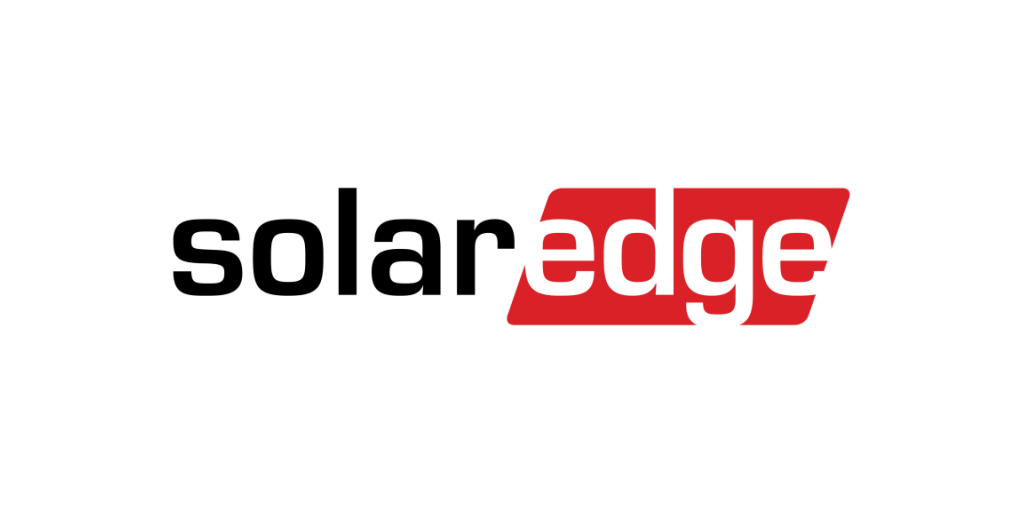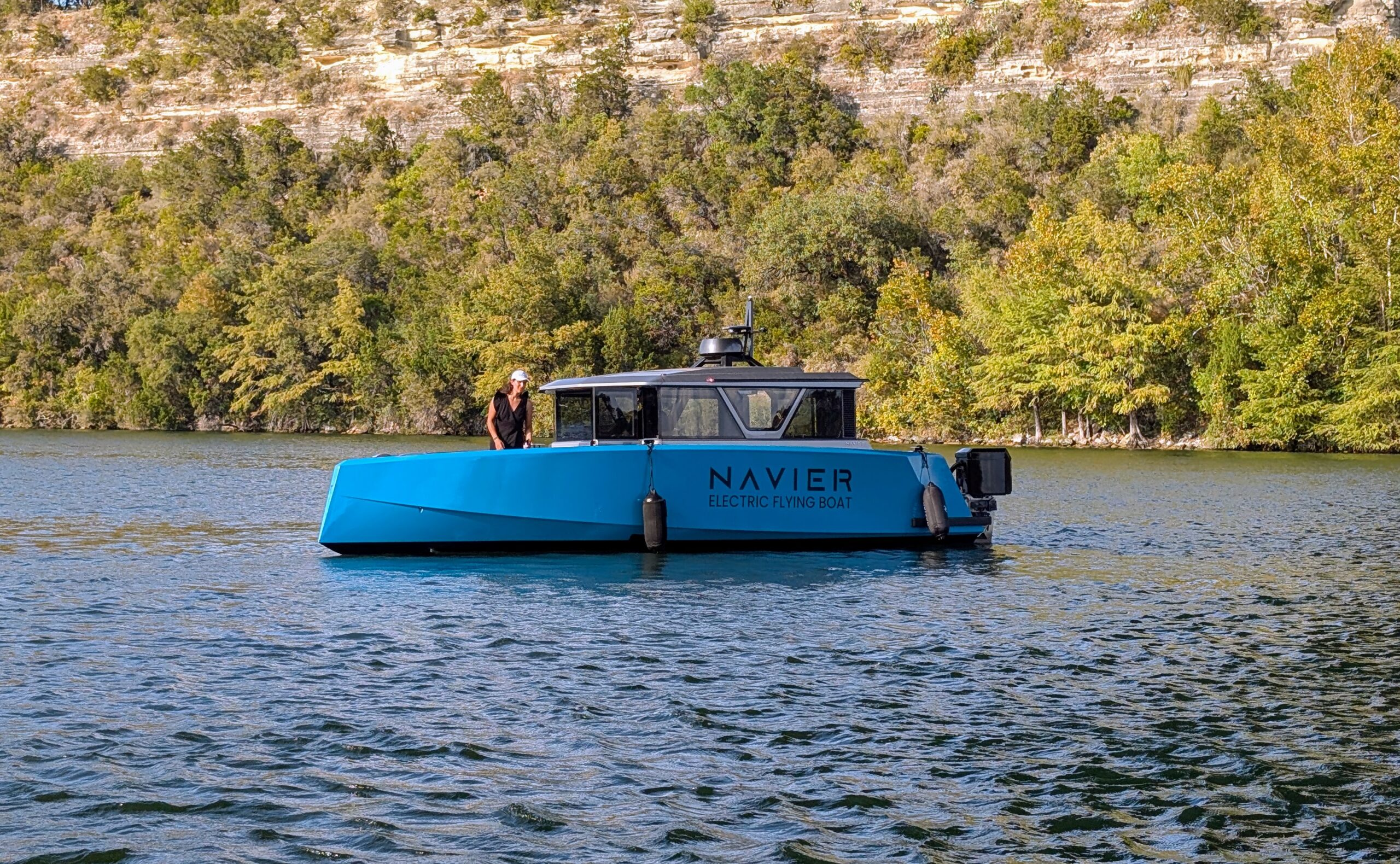
Last Updated on: 28th July 2025, 12:18 am
Yesterday, I wrote about a rather underwhelming experience my family and I had test driving a Hyundai IONIQ 5. The salesman seemed to know very little about the car and didn’t seem that interested in getting us to buy it. There were many reader responses about their own horrible dealership buying experiences, some of them pointing out that they’ve had similar problems buying gas-powered cars, and others presuming a bit of an issue with dealers and salespeople not wanting to sell EVs. I think it’s safe to say there’s a bit of both going on — auto dealership salespeople are not renowned for their helpfulness and customer concern, but they are also known to be even worse when it comes to selling EVs.
One commenter came up with a great suggestion, though. “Rein” wrote: “This is why Hyundai needs to spin Ioniq off as a separate brand like they did with Genesis. Make Ioniq available for on-line sales with showrooms/delivery centers in major markets. Also could allow Hyundai dealerships to have them on their lot alongside e-Kona if they want to and are willing to invest in selling BEVs. There would be some pushback from dealers so maybe they offer a buyout like Ford/Lincoln did a few years back.
“I am also curious to see how VW’s Scout brand goes. Especially since they are more of a direct competitor to other VW groups vehicles having hybrid (EREV) options.”
I think it’s a great idea. The fact is that many auto dealership salespeople are on autopilot when it comes to selling cars. They don’t have interest in learning the details of a new powertrain, the constant tech updates, or why anyone would want to buy an electric car instead of a gas one. Actually, if you think about it, it would require some serious cognitive dissonance and personal difficulty to make a strong case for buying an EV and then half an hour later make a strong case to another customer for why they should buy a non-EV they’re interested in.
As we’ve seen with people like the Kia salesperson I had who knew a ton about EVs, when people learn a bit about EVs and are able to talk about their unique features and benefits, it makes all the difference from a customer’s perspective. Why not have a separate EV sub-brand, make sure the people hired to work there know about EVs and are enthusiastic to sell them, and sell far more EVs? In Hyundai’s case, it is already giving all of its new EV models the IONIQ name, so it would be easy to create an IONIQ sub-brand and already have some good brand recognition.
What would be the downsides of this? Well, there are some extra costs that would come from IONIQ having to spend money on things — whether marketing, branding, or even facility related. However, one would think the benefits of an EV-only brand would pay off. I would definitely expect the salespeople to know more about their EV models. And, as reader Rein noted, Hyundai could potentially still sell these EV models through its dealerships.
Aside from everything EV related, this could also be useful for introducing new ways for Hyundai to sell cars and communicate with customers. They could offer set, clear, no-haggle pricing; less of the scammy 4- or 5-hour paperwork and sales pitches when buying a car; better test drive options — like the option to take the car home in order to make sure the charging works as one hopes.
What do you think of the idea? Should Hyundai roll out an IONIQ sub-brand that’s 100% electric? Should other traditional automakers do something like this to better sell their EV models?
Sign up for CleanTechnica’s Weekly Substack for Zach and Scott’s in-depth analyses and high level summaries, sign up for our daily newsletter, and follow us on Google News!
Have a tip for CleanTechnica? Want to advertise? Want to suggest a guest for our CleanTech Talk podcast? Contact us here.
Sign up for our daily newsletter for 15 new cleantech stories a day. Or sign up for our weekly one on top stories of the week if daily is too frequent.
CleanTechnica uses affiliate links. See our policy here.
CleanTechnica’s Comment Policy



